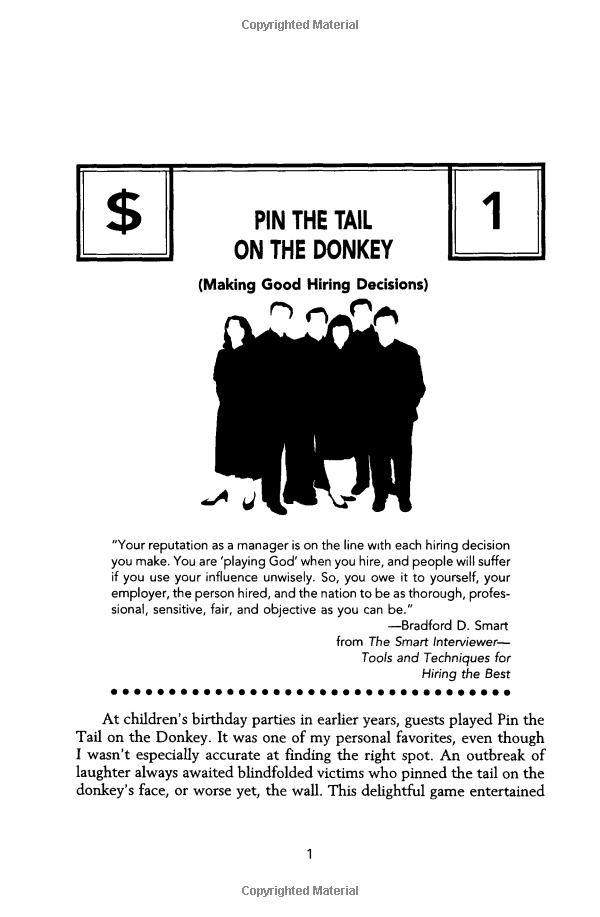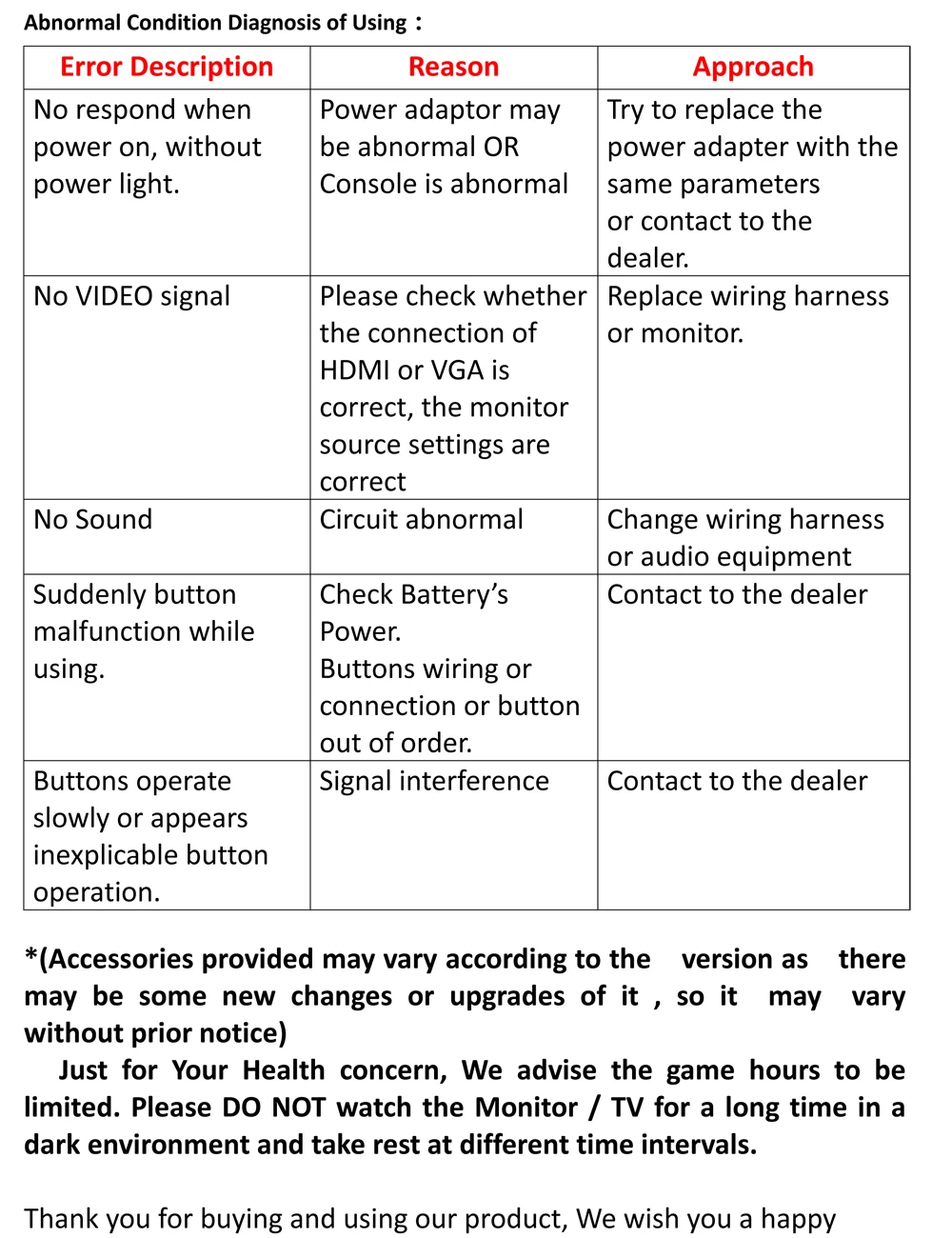What is a High Cost Mortgage Loan: Understanding the Implications and Benefits
Guide or Summary:Understanding High Cost Mortgage LoansImplications of High Cost Mortgage LoansBenefits of High Cost Mortgage LoansConclusion: Making Inform……
Guide or Summary:
- Understanding High Cost Mortgage Loans
- Implications of High Cost Mortgage Loans
- Benefits of High Cost Mortgage Loans
- Conclusion: Making Informed Decisions
When navigating the world of real estate and financing, many potential homeowners find themselves asking, what is a high cost mortgage loan? This term often sparks curiosity and concern, as it can significantly impact your financial future. In this comprehensive guide, we will explore the definition, characteristics, and implications of high-cost mortgage loans, helping you make informed decisions in your home-buying journey.
Understanding High Cost Mortgage Loans
A high-cost mortgage loan is typically defined as a loan that exceeds certain thresholds set by the Home Ownership and Equity Protection Act (HOEPA). These thresholds are based on the loan's annual percentage rate (APR) or the total points and fees charged at closing. Essentially, if a mortgage loan's costs are significantly higher than the average market rates, it may be classified as a high-cost loan.

One of the primary reasons borrowers might consider a high-cost mortgage loan is the accessibility it offers. Many traditional lenders have stringent requirements, making it difficult for individuals with lower credit scores or limited financial histories to qualify for a standard mortgage. High-cost loans can provide an alternative for these borrowers, albeit with higher interest rates and fees.
Implications of High Cost Mortgage Loans
While the accessibility of high-cost mortgage loans can be appealing, it's essential to understand the potential implications. Borrowers should be aware that these loans often come with higher monthly payments, making it crucial to assess whether the financial burden is manageable in the long term. Additionally, high-cost loans may have less favorable terms, such as prepayment penalties or adjustable interest rates, which can lead to unexpected financial challenges.
Moreover, borrowers should be cautious of predatory lending practices. Some lenders may target vulnerable individuals with high-cost loans that are not in their best interest. It's vital to conduct thorough research and seek advice from financial professionals before committing to any high-cost mortgage loan.

Benefits of High Cost Mortgage Loans
Despite the potential drawbacks, high-cost mortgage loans can offer certain benefits. For individuals who may not qualify for traditional financing, these loans can serve as a stepping stone toward homeownership. They provide an opportunity to build equity and improve credit scores over time, which can lead to better loan options in the future.
Furthermore, high-cost loans can be a viable option for those looking to purchase a home in a competitive market where traditional financing may not be available. By understanding the terms and conditions of these loans, borrowers can make informed decisions that align with their financial goals.
Conclusion: Making Informed Decisions
In conclusion, understanding what is a high cost mortgage loan is crucial for anyone considering homeownership. While these loans can provide access to financing for those who may struggle to secure traditional loans, they come with significant risks and responsibilities. By carefully weighing the pros and cons, conducting thorough research, and seeking professional advice, you can navigate the complexities of high-cost mortgage loans and make choices that support your financial well-being.

As you embark on your home-buying journey, remember that knowledge is power. Equip yourself with the information necessary to make informed decisions and ensure that your path to homeownership is both rewarding and sustainable.